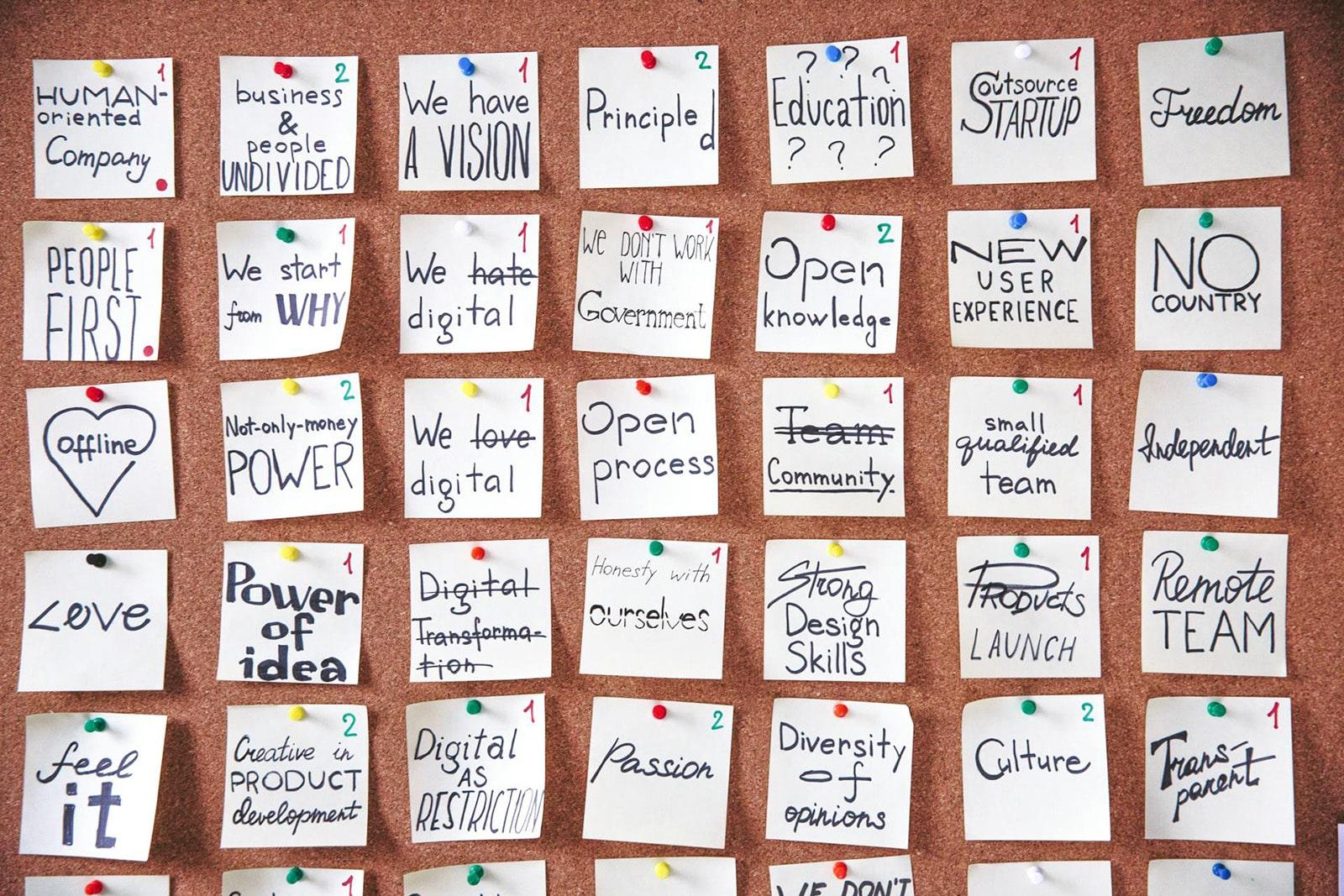Games for Research and Interdisciplinary Dialogue (GRID) is an interdisciplinary research project that tackles challenges in collaborative research.
1 May 2025

Our goal is to foster better communication, build trust within teams, and teach practical skills for navigating common barriers in interdisciplinary work.
The project is funded through the Research Culture Catalyst Fund, which was launched by InFrame to support small but impactful initiatives focused on inclusivity, leadership, and collegial values. The Culture Catalyst Fund is a £1M initiative aimed at improving research leadership and culture through innovative, collaborative projects that explore how research is led and the contributions of those involved in leadership.
InFrame itself is a major research culture initiative, bringing together the Universities of Glasgow, Edinburgh, and St Andrews through a £3M award from Wellcome. The aim is to build a new framework for inclusive research leadership, expand how leadership is defined, and strengthen research culture across the institutions.
The GRID project is co-led by Inna Yaneva-Toraman and Agnessa Spanellis (University of Edinburgh), Fred Siedlok (University of St Andrews), and Rachel Porteous (University of Glasgow). Together, the team brings expertise in gamification for community engagement, participatory policymaking, collaborative strategies, and interdisciplinary research.
Working with interdisciplinary researchers, students, technicians, and research support staff across the three universities, GRID will:
- Identify challenges, techniques, and skills relevant to interdisciplinary research (IDR)
- Co-design a board game that translates those challenges and solutions into practical, actionable game elements
To test the game’s potential to improve collegiality, communication, and knowledge-sharing, GRID will collaborate with several interdisciplinary initiatives:
- Healthier Science through Collaboration (HxC) – Funded by the UKRI Medical Research Council and led by Chris Ponting (University of Edinburgh), this project explores barriers and enablers in interdisciplinary collaboration in biomedical data science.
- Failure Modes of Engineering (FeME) – Funded by the EPSRC Tomorrow’s Engineering Challenges Network Plus and led by Encarni Medina-Lopez (University of Edinburgh), this network addresses the unequal impact of climate change on women, children, and underrepresented communities, through improved engineering approaches.
- TransiT Research Hub – Focused on decarbonising UK transport using digital twinning technologies, TransiT is led by Prof. Philip Greening (Heriot-Watt University) and David Flynn (University of Glasgow).
The board game will be tested with interdisciplinary teams partaking in these projects and will be adapted to enhance collaboration between academia and industry.
GRID also has an advisory board that includes members of Health Data Research UK and the UK Dementia Research Institute who will guide the development and dissemination to research teams across the UK.
The project kicks off on 1st May and will feature three workshops with hands-on, creative activities to co-design the game, supported by our partner Sapper Studio.
If you are interested in participating or would like to learn more, please contact Inna Yaneva-Toraman:
The project is led by Dr Inna Yaneva-Toraman in collaboration with Agnessa Spanellis, University of St Andrews and University of Glasgow.